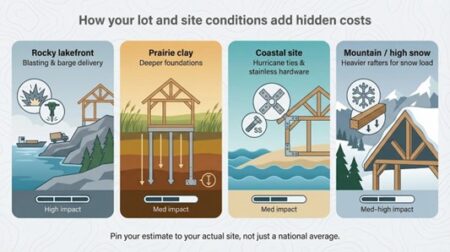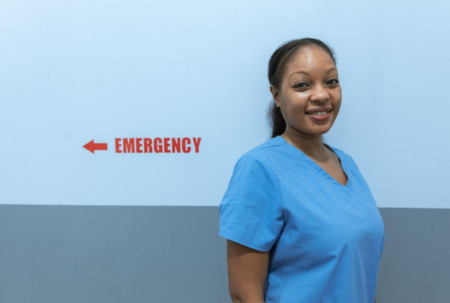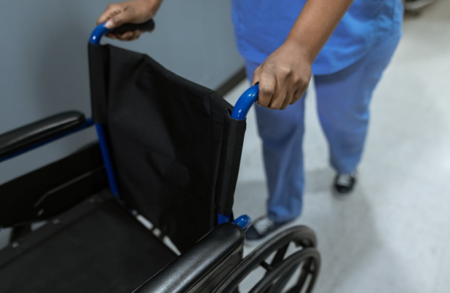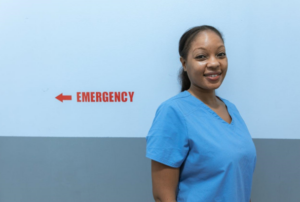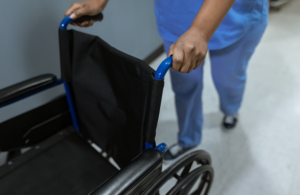How to Choose the Best Vein Specialists for Safe, Effective Treatment
- Updated on: Nov 11, 2025
- 3 min Read
- Published on Nov 11, 2025
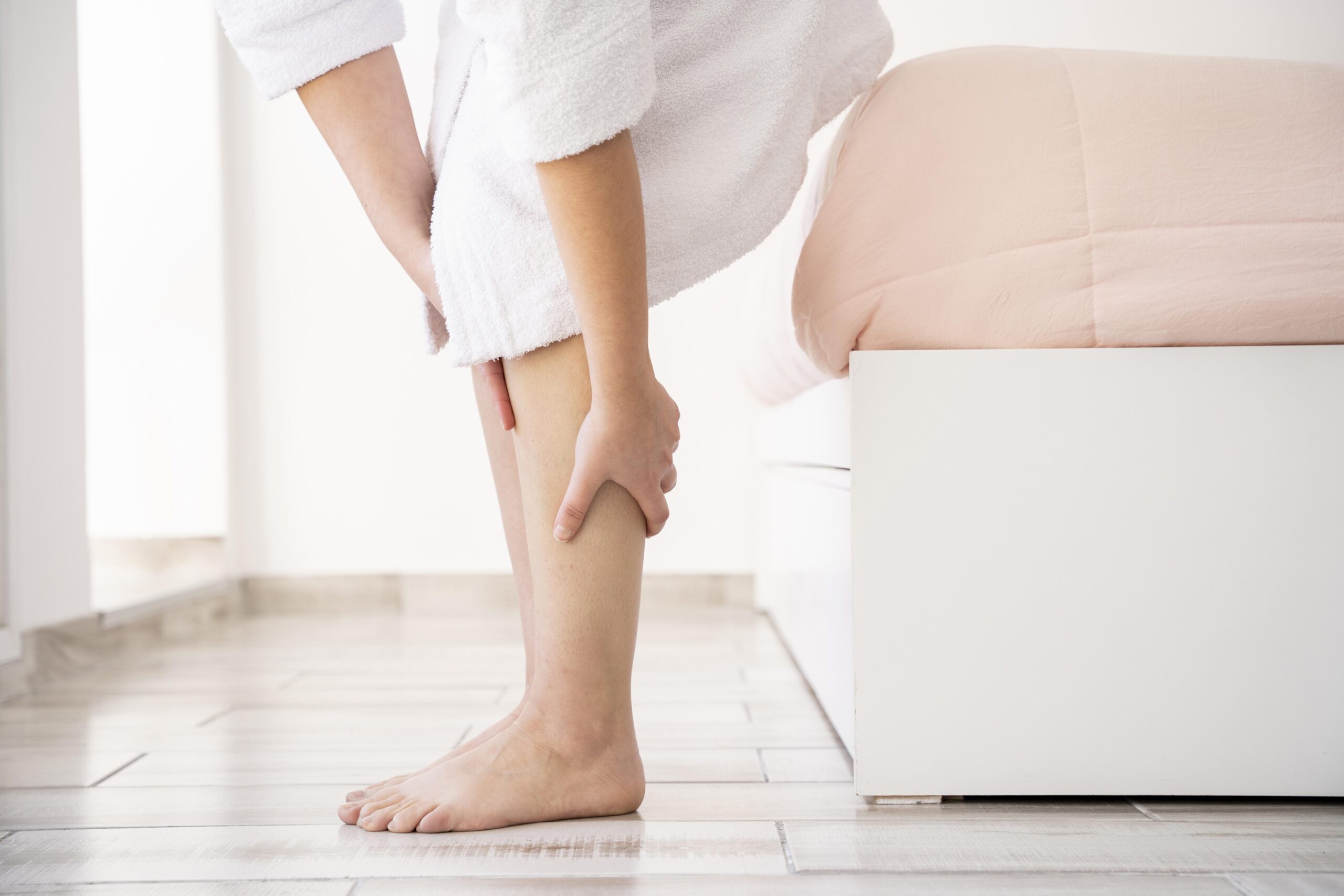
How to Choose the Best Vein Specialists for Safe, Effective Treatment
When to See a Vein Specialist for Help
The bulging varicose veins, the spider veins that spread out, and the constant heaviness in the legs are not just cosmetic problems. They are signs of problems with the body. Genetics often give you an advantage, age increases the risk, and lifestyle choices like standing for long periods of time, being inactive, and being overweight make it even worse. If you don’t pay attention to them, they could cause long-term pain, skin changes, or even ulcers. Early evaluation is the best thing to do. A trained vein specialist will be able to see small problems before they turn into a serious disease. Waiting is a risk. Getting help from an expert isn’t about being vain. It’s about function, long-term relief, and stopping things from getting worse.
New ways to treat veins with minimal invasiveness
Modern phlebology works with pinpoint accuracy without the use of a scalpel. Endovenous laser therapy uses heat to seal off veins that aren’t working right. Radiofrequency ablation does the same thing, but it uses controlled heat. Foam sclerotherapy uses chemicals to make unwanted blood vessels collapse. All three have the same main benefits: quick recovery (in days), high success rates (over 90%), and scars that are almost invisible. These methods have taken the place of vein stripping, which was painful and took a long time to heal. They don’t hurt as much and don’t take as long to heal.
The Most Important Traits of the Best Vein Care Specialists
Credentials are more important than slick advertising. Look for board certification, specialized training in phlebology, and a history of doing a lot of procedures. Patient reviews show how care is given, while before-and-after galleries show what claims can’t. Transparent pricing shows that you respect the patient’s intelligence. Professional societies check that the specialist’s qualifications are exactly what they say they are. Taking a risk that isn’t worth it is not worth it.
Contact vein specialists Utah to learn about your options for personalized treatment plans and expert help.
What a Vein Specialist Will Do: Evaluation and Procedure
A first visit usually includes a full health history and an ultrasound vein mapping to find any blocked or broken valves. After that, the specialist writes up a plan for treatment that is specific to the patient. There are different ways to do things. Many of them are done in the office with local anesthesia or light sedation and take less than an hour. Afterward, patients walk out—sometimes literally—and follow a simple aftercare plan. That might mean wearing compression stockings, not doing too much strenuous activity, and having regular check-ins to make sure the veins are closing properly.
Taking care of your veins after treatment and keeping them healthy
Your veins won’t take care of themselves. Compression stockings help keep blood flowing. Walking every day keeps the results stable. Keeping your weight in check takes some of the stress off your leg veins. The specialist can keep an eye on progress during follow-up visits. If you notice redness, swelling, or pain that isn’t normal, you should act quickly. Regular evaluations make sure that small problems don’t turn into big ones.
Results in the Real World with Experienced Vein Specialists
Skilled intervention can change lives. One patient with a lot of swelling was able to start training for a marathon again in five days. Another saw complete disappearance of spider veins and heavier legs replaced by lightness. More than 85% of patients who get treated are back to normal activities in less than a week. The cosmetic upgrade is clear, but the real value is in how it works—mobility, comfort, and stamina.
What specialist centers are doing to treat veins in the future
Adhesive closure systems for the next generation already speed up procedures. Laser technologies are getting better at what they do, which makes problems with feeling after surgery less common. Telemedicine follow-up makes it easier for rural patients to get care by getting rid of unnecessary travel. All of these trends will shorten the time it takes to get treatment and make patients more comfortable in ways that were once thought impossible.
Getting Long-Term Relief by Choosing the Right Specialist
The key to getting lasting results is to know the warning signs, check the credentials of your treatment providers, learn about all your options, and stick to a strict aftercare plan. Don’t risk your vein health by going to cheap providers. Pick a specialist who has the right credentials, gets good results, and treats patients with respect. The right choice will keep you mobile, comfortable, and your circulatory system healthy for years to come.





